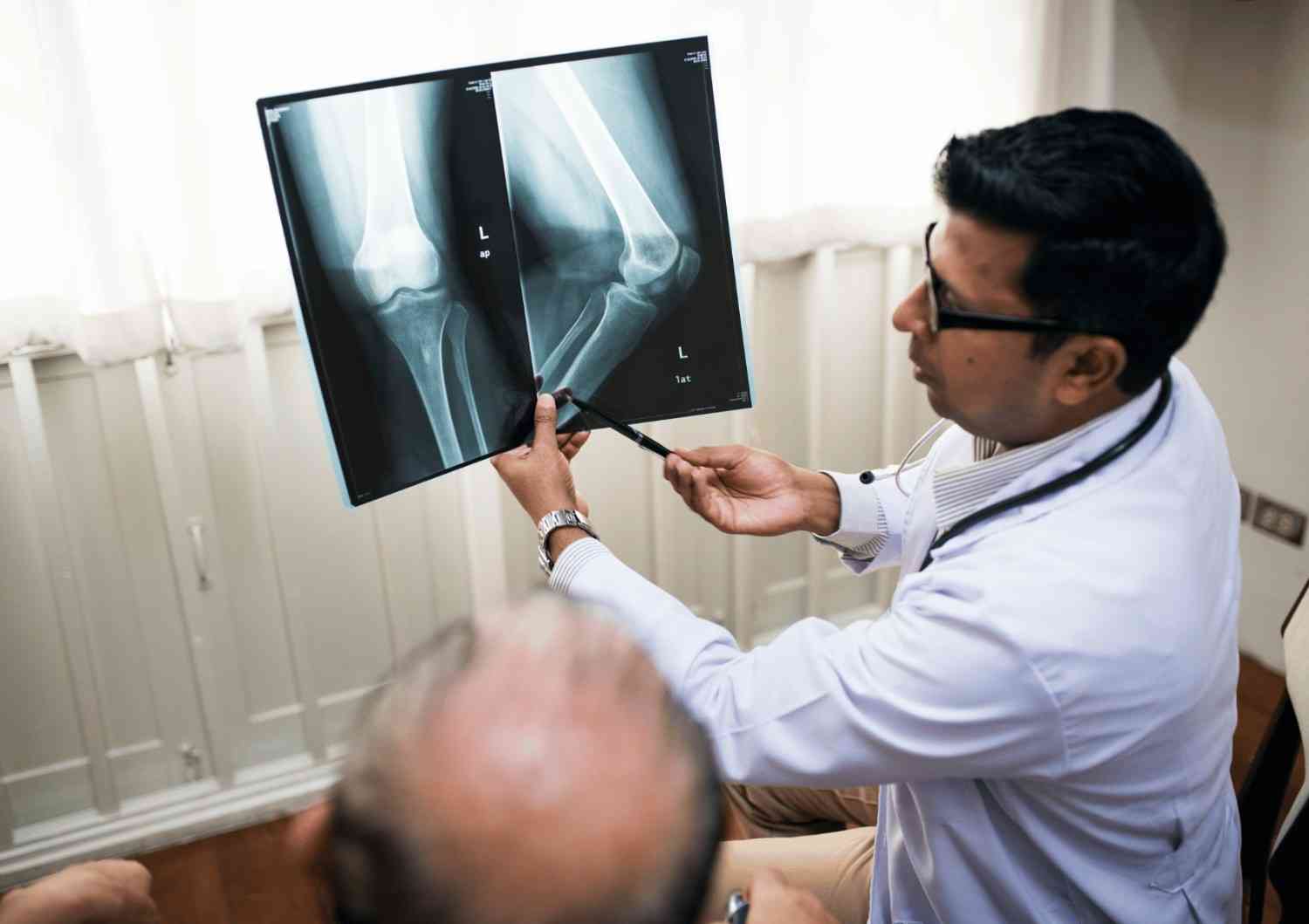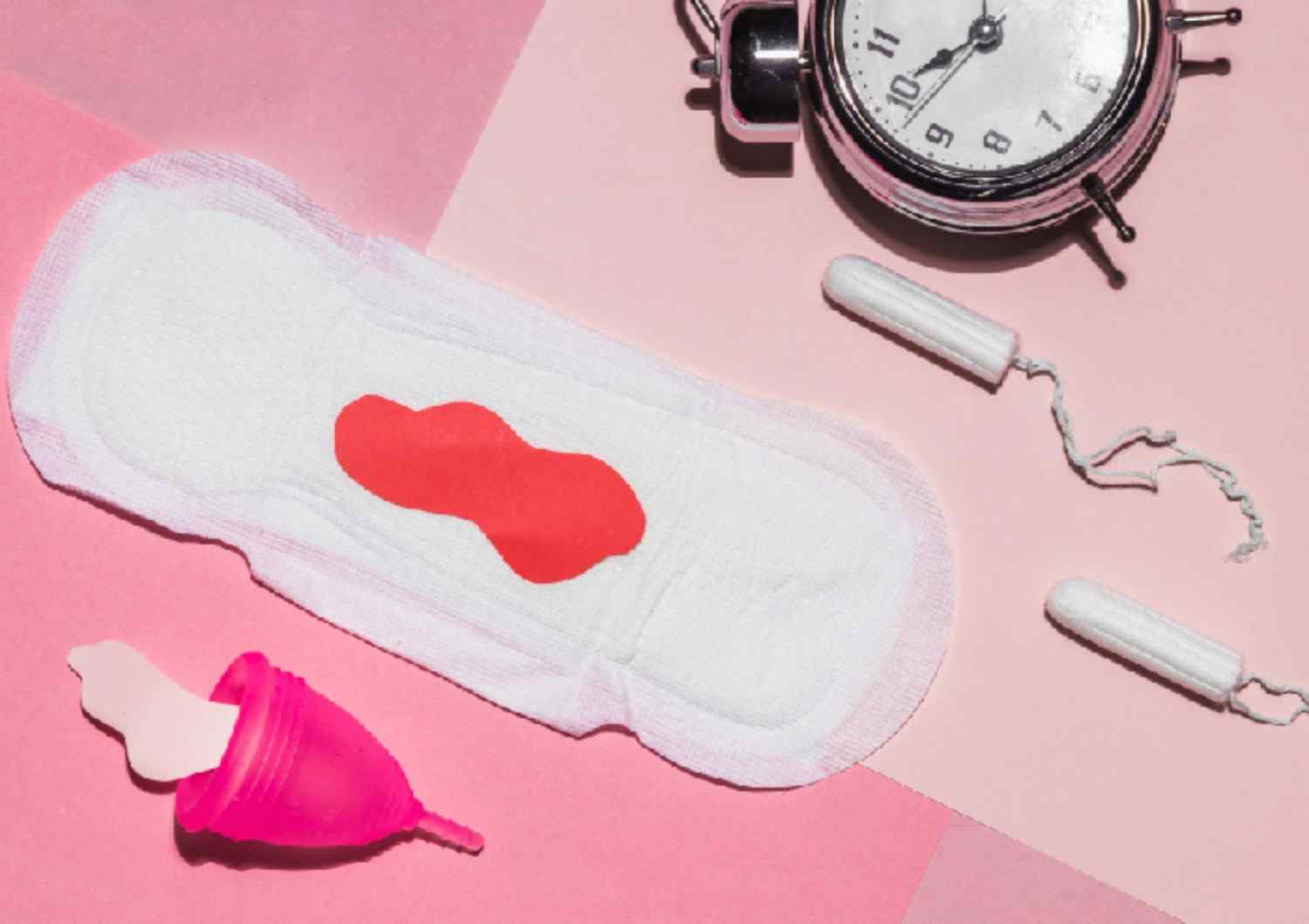Menstrual Disorders After Giving Birth: What Is Normal and What Is It Not?
December 26, 2024
The menstrual cycle after birth is different because of the body’s recovery. However, some changes are normal, while others may require medical treatment. To know your delay periods reason, we suggest you to go through this blog. Subsequently will assist you realize the difference between common and what is not.
Changes to Your Menstrual Cycle After Having a Baby
- Delayed Periods
There are several reasons for delay periods after baby birth. A new mother should know the reason behind delay periods. For example, if you are breastfeeding ,then also periods do not return immediately after childbirth. As the hormone prolactin can delay ovulation. For which longer gaps between your menstrual cycles occur. Similarly, for mothers who do not breastfeed, the menstrual cycle may take many weeks or months to resume.
- Irregular Periods
At first, once your periods do return, they might not be regular. Some cycles are shorter, some are longer, or the flow might be heavier or lighter. This irregularity is normal as your body works to balance out postpartum hormonal shifts.
- Postpartum Bleeding (Lochia)
Lochia: Vaginal bleeding that occurs after delivery. Sometimes it can last for as many as six weeks and will gradually reduce in intensity over time. But you no need to worry, this isn’t your menstrual period. It is just a part of the healing process. When your uterus sheds its lining and returns to its regular size.
- Symptoms That Need to Be Checked Out
Although many of these changes are normal, some symptoms need medical attention.
- Heavy Bleeding
If your bleeding is soaking through a pad an hour, or goes on longer than seven days, you may have a problem, such as an infection or hormonal imbalance. For this sort of problem, you go to the doctor right away.
- Severe Pain
Painful cramping or pelvic pain that does not improve with rest or medication. This is indicative of uterine infections, retained tissue, or disorders like fibroids.
- Long-Term Irregularities
Periods may remain irregular for more than six months due to some underlying conditions like polycystic ovaries or thyroid. A medical evaluation can identify the culprit and start the proper treatment. Managing Period Symptoms After Childbirth.
- Eat Healthy Food
A healthy diet helps a lot to recovery after delivery. For example, eat foods rich in vitamins, minerals, and protein, like fruits, vegetables, lean meats, and whole grains. Also, drinking enough water is key, especially if you are breastfeeding, as your body needs more fluids to make milk.
- Gentle Exercise
Gentle movement, like walking or short stretches, can increase circulation, relieve tension and foster recovery. Refrain from heavy exercise until your physician clears you to continue activity. But always listen to your body and take a break when you need one.
- Stress Management
Stress can impact your hormones and might delay the return of your period. Deep breathing, meditating, or being with your friends or family don’t directly contribute to the success of your dissertation, but they are necessary to help you breathe when the demands are so high. Do not be afraid to ask family or friends to help manage your responsibilities.
Conclusion
It’s normal for your menstrual cycle to shift after giving birth as your body heals. Most women will experience missed or irregular periods and postpartum bleeding. For heavy bleeding, severe pain or persistent irregularities, you consult a health care provider. Maintaining healthy nutrition, physical activity and stress management can help facilitate your recovery and mitigate the symptoms you have.






